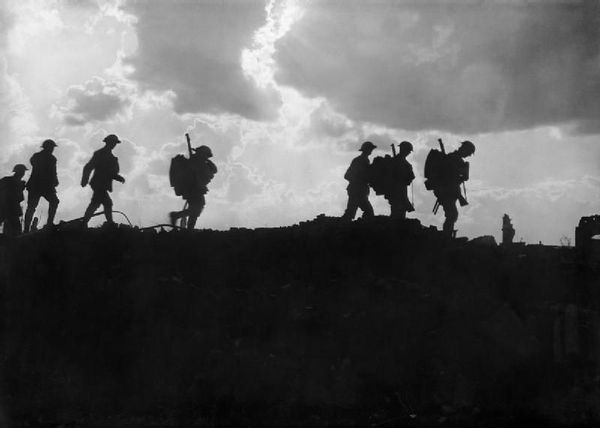Bicester Congregational Church Anniversary Services
Originally published in the Bicester Herald, 4th April 1902.
For the 230th anniversary of the church, the Congregationalists of Bicester had the presence of Principal Mitchell (of Nottingham).
There was a service at three o’clock, at which there was a large congregation. Principal Mitchell gave an eloquent discourse, based on the words "And they all with one consent began to make excuse."
The Principal first asked if the person in the familiar story, from which he took his text, stood for God, and replied in the negative. The man in the story had not room for all; but God had room for all. The man showed no pity for the poor and lame and blind till he was angry. God cared for them at all times, and received them, not simply to shut out the rich, but for their own sakes. Could they believe that God would be so cruel as to give men but one chance, as this man did? On the contrary, He gave some men many chances.
The story was not intended to teach even how God acted, but to show the evil in man. Our Lord urged His disciples not to invite simply for the sake of being invited again, thus turning hospitality into mere bartering business.
The preacher then pointed out that, first, in religion, desire should be thoroughgoing, not a mere sentiment, but something that would last. Superficial sentiment would not last.
Secondly, desire in religion should be thoroughgoing, because mere sentiment was a deceptive thing. Nero, the cruellest of men, was yet very sensitive. Sentiment made men believe that they were better than they were. The question was, what should they do at a pinch? To admire goodness and to be good were two different things. Some of the Bible stories might move them deeply; but the fact that they were so moved was not necessarily a proof of goodness. They might believe the gospel, they might enjoy hearing a sermon, but they must go deeper than that. Again, they ought not to deceive themselves because of the pleasure they had in singing hymns. There should be consistency between the sentiments expressed in the song and the life lived. Music might soothe the senses without touching the conscience. Those only were in the right way who were doing right.
Thirdly, desire in religion should be thoroughgoing because God hated mere sentiment. God wanted not mere sentiment, but the whole man. The cultivation of religious feeling was desirable.
The service was followed by a tea in the school-room, when a large number sat down.
There was a good attendance in the evening, when Principal Mitchell delivered a lecture on “The Ebb and Flow of Nations."
The Rev. T.H. Norton briefly but very suitably introduced the lecturer.
Principal Mitchell was received with loud applause. His lecture was a long one, but was listened to with the utmost attention. He first spoke of the way in which the population of the Earth, as it grew, had to seek fresh quarters. Then he dilated on the climate, etc., affecting mankind, and contended that the temperate zone or belt was the best to live in.
Next, he said, that those who lived nearer the sea or great rivers had better chances to improve. The sea brought commerce, rivers instituted inquiry, and by their aid men would be able to go further afield, and mountains influenced men by the exercising of exertion.
Principal Mitchell next dwelt on the four races – white, red, yellow, and black. He concluded his lecture by referring more pointedly to his subject, how nations first began to move, from the time of Abraham.
The collections throughout the day were for the pastors fund.



